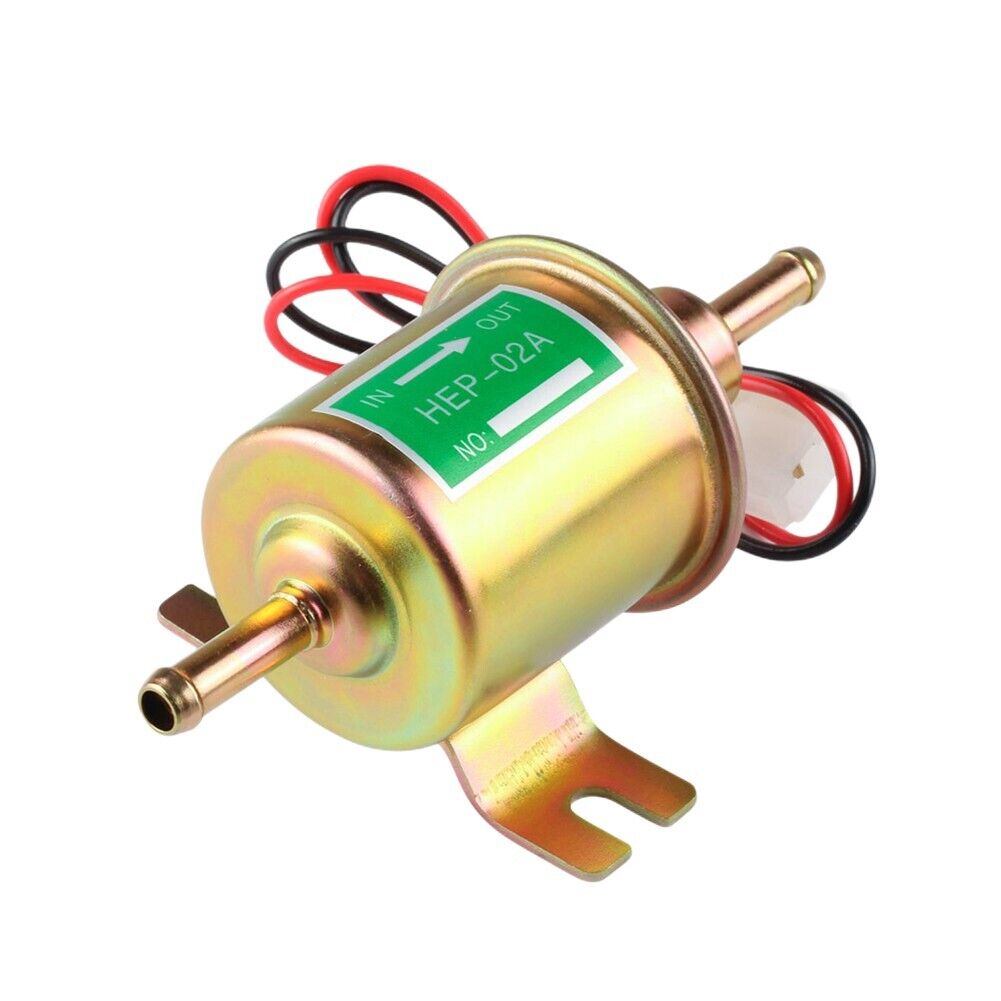In the world of automotive engineering, advancements in technology have revolutionized various components of a vehicle, including the fuel delivery system. Traditionally, mechanical fuel pumps have been the go-to choice for supplying fuel to the engine. However, with the emergence of electric fuel pumps, a question arises: Can you leave the mechanical fuel pump behind and switch to an electric one? In this blog post, we will delve into the advantages, challenges, and considerations associated with this transition.
- Understanding Mechanical Fuel Pumps:
Mechanical fuel pumps have been a reliable and widely used solution for decades. They operate by utilizing the engine's motion to mechanically pump fuel from the tank to the carburetor or fuel injectors. While they have served their purpose well, they come with certain limitations. - The Rise of Electric Fuel Pumps:
Electric fuel pumps have gained popularity due to their numerous advantages over their mechanical counterparts. These pumps are powered by an electric motor, providing a consistent and reliable fuel supply. They offer higher flow rates, better pressure control, and increased efficiency compared to mechanical pumps. - Advantages of Electric Fuel Pumps:
- Improved Performance: Electric fuel pumps deliver a consistent fuel supply, ensuring optimal engine performance and power delivery.
- Enhanced Reliability: Electric pumps are less prone to mechanical failures, resulting in increased reliability and reduced downtime.
- Fuel Pressure Control: Electric pumps allow for precise fuel pressure regulation, optimizing fuel delivery for different driving conditions.
- Retrofitting Possibilities: In many cases, it is possible to retrofit a vehicle with an electric fuel pump, making it a viable option for older models.
- Challenges and Considerations:
While the transition from mechanical to electric fuel pumps offers numerous benefits, there are a few challenges and considerations to keep in mind:
- Electrical System Compatibility: Upgrading to an electric fuel pump may require modifications to the vehicle's electrical system to ensure compatibility and proper functioning.
- Fuel System Modifications: Depending on the vehicle's design, modifications to the fuel lines and tank may be necessary to accommodate the electric pump.
- Cost: Electric fuel pumps can be more expensive than their mechanical counterparts, so budget considerations should be taken into account.
Conclusion:
As automotive technology continues to evolve, the transition from mechanical fuel pumps to electric ones presents a compelling option for vehicle owners. The advantages of electric fuel pumps, such as improved performance and reliability, make them a worthy consideration. However, it is crucial to evaluate the challenges and considerations associated with this transition, including electrical system compatibility, fuel system modifications, and cost. By carefully weighing these factors, you can make an informed decision on whether to leave the mechanical fuel pump behind and embrace the benefits of an electric fuel pump.
